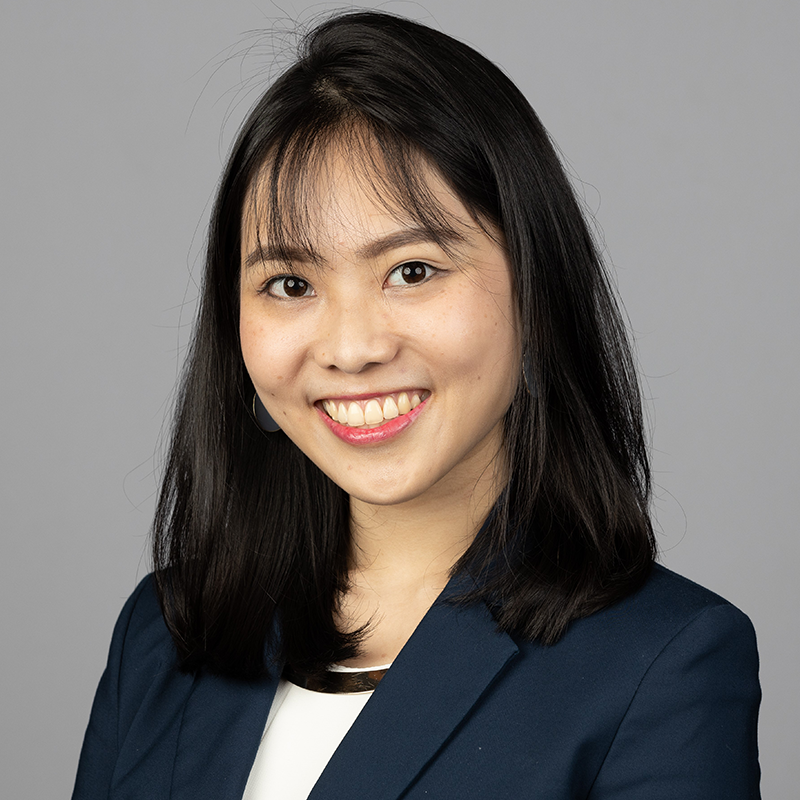
Jasmine Lim
Quantitative Trader, Chicago Trading Company
Why trading?
After graduating with an undergraduate degree in mathematics, I landed a job as a model validation quant in a bank. There, I was fascinated with how mathematics is applied to build models that price derivative products, which got me curious as to how and why such derivative products are traded in the first place. That was the moment I became inspired to be a trader who trades these derivative products instead of simply building them.
What do you enjoy most about your career?
My career as a quantitative trader has been a fulfilling journey thus far and many aspects of my job have kept me captivated. If I’m pressed to pick the one thing I enjoy the most about my career, it would be the fast-paced, dynamic and challenging environment that sends my heart racing during trading hours. Being able to solve quantitative problems using math and being able to observe direct impact has been extremely satisfying.
What are the top skills required to be successful in this field?
Being able to keep up, react and solve the challenges traders face with an evolving market is a critical skill to have. In addition, communication skills cannot be neglected especially when markets are busy. A good trader needs to be able to pass on succinct messages to the team and being able to communicate concepts clearly helps to add credibility to your voice. Finally, trading is tough. Being able to persevere through setbacks will see you through your career.
How has the MSCF program helped you in your career?
I have benefited from the program in so many ways. MSCF provides a holistic and comprehensive range of classes that set its students up for success. The curriculum is constantly updated and moves in step with the advancements and trends in the industry. The rigor and intensity of individual courses have further enhanced my knowledge in mathematics, statistics, finance, and computer science and these have given me a solid foundation to excel in my career. Students are also given the opportunity to work on practical projects similar to real-world problems in the quant industry. More than anything else, I am grateful for MSCF’s extensive network, encompassing alumni, mentors, and bright classmates whom I could count on for advice and support.
What would you say to someone considering the MSCF program?
If you are on the fence as to whether or not you should join MSCF, do consider reaching out to alumni or current students to find out more about the program. I would say that making a choice involves a leap of faith because you can never know if the program is a good fit for you (or vice versa) until you have actually joined. Speaking from my own personal experience, joining MSCF was one of the best decisions I have made in my life. Prior to joining MSCF, I was already working in an established field and had a solid career path laid out for me. I mustered the courage to leave a well-trodden path to pursue my masters at MSCF, which eventually opened up many new doors for me and steered my career trajectory in the direction that I wanted.